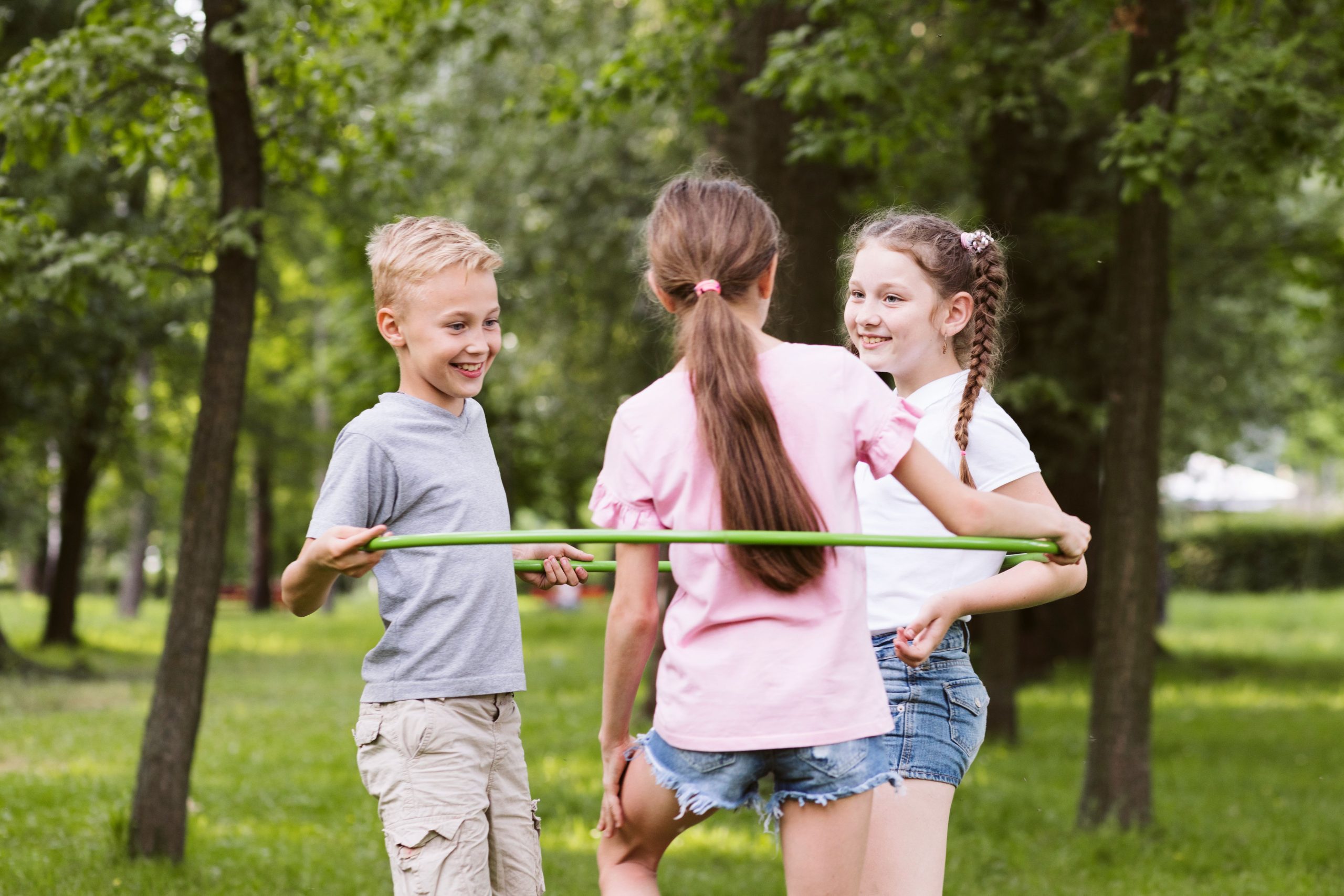
Getting Preschoolers Ready for Field Trip Experiential Learning
Field trips are an exciting element of preschoolers’ education, providing a unique opportunity to learn beyond the classroom. These visits allow toddlers to encounter new locations and cultures, extending their minds and inspiring questions and connections. However, bringing preschoolers on field excursions involves meticulous preparation to ensure a safe, informative, and enjoyable experience for everyone involved.
Experiential Learning: An Overview
Before discussing how to prepare preschoolers for field excursions, it’s vital to grasp the notion of experiential learning. This teaching strategy emphasizes learning from experience rather than memorization or passive listening. It involves actively participating in the environment, reflecting on experiences, and applying learning to future circumstances.
Preschoolers benefit most from experiential learning as it enables them to use their senses and investigate surroundings, encouraging questions, observations, and conclusions based on personal experiences. Additionally, it enhances problem-solving abilities and broadens their worldview.
Preparing Preschoolers for Field Trips
Preparing preschoolers for field excursions requires meticulous planning and organization. Here are some recommendations:
1. Discuss the Field Trip Topic:
To mentally prepare toddlers, discuss the field trip topic in advance, including what they’ll see, where they’ll go, and what they’ll learn. Use books, films, or other resources to spark interest and provide background knowledge.
2. Address Safety Concerns:
Prioritize safety by reviewing safety regulations with preschoolers before the trip, ensuring they understand consequences for not following them, such as staying with the group and not handling potentially harmful items.
3. Dress Appropriately:
Ensure preschoolers are dressed appropriately for the trip, considering weather conditions and comfort. Provide jackets, comfortable shoes, hats, and sunscreen as needed.
4. Bring Snacks and Drinks:
Carry snacks and drinks to prevent hunger or thirst during the trip, considering dietary restrictions or allergies.
5. Encourage Curiosity:
Throughout the trip, encourage preschoolers to ask questions and explore their environment, allowing them to touch, smell, and see various items.
After the trip, reflect on interactions with preschoolers, discussing their discoveries and encouraging them to create pictures or stories about their experiences to aid in absorption and recall.
Field Trips and the Value of Experiential Learning
Field trips offer a unique chance for toddlers to engage in experiential learning, promoting academic development in several ways:
1. Hands-on Learning:
Field trips provide hands-on learning opportunities, allowing toddlers to interact with exhibits, animals, and natural surroundings, enhancing understanding and retention.
2. Social and Emotional Development:
Field trips encourage social interaction and cooperation among toddlers, fostering sharing, cooperation, and problem-solving skills.
3. Exposure to Diversity:
Field trips expose preschoolers to diverse cultures and environments, fostering empathy and understanding.
4. Increased Motivation and Engagement:
Experiencing content firsthand boosts motivation and engagement, as preschoolers perceive its relevance to their lives.
5. Enhanced Critical Thinking:
Field trips provide opportunities for critical thinking and problem-solving in real-world situations.
6. Language Development:
Field trips promote language development through discussions and interactions with instructors and peers.
Examples of Experiential Learning on Field Trips
Various field trips offer experiential learning opportunities:
1. Science Museum:
Exploring exhibitions and engaging in interactive demos.
2. Zoo or Aquarium:
Observing animal behavior and learning about conservation activities.
3. Nature Walk:
Exploring natural surroundings and learning about environmental conservation.
4. Historical Site:
Engaging with historical artifacts and learning about past events.
5. Farm or Agricultural Site:
Learning about farming practices and sustainability.
Field trips provide preschoolers with a unique opportunity to engage in experiential learning, promoting intellectual development. By preparing preschoolers adequately and including hands-on learning opportunities, teachers and parents can ensure a memorable and enriching experience.
Getting Kindergarteners Ready for Field Trips
Preparing kindergarteners for field trips is essential for a happy and educational experience. Here are some recommendations:
1. Communication:
Communicate with kindergarteners about the purpose and expectations of the field trip.
2. Planning:
Plan the itinerary, timing, and logistics of the trip in advance, considering restroom breaks and food requirements.
3. Safety:
Emphasize safety norms and principles, such as staying with the group and obeying rules.
4. Permission Sheets:
Provide parents with permission sheets detailing the purpose and potential risks of the trip.
5. Dress Adequately:
Ensure kindergarteners are dressed appropriately for the weather and activity.
Follow-up activities after the trip can reinforce learning:
1. Reflection:
Encourage kindergarteners to reflect on their experiences through writing or drawing.
2. Conversation:
Engage in discussions about the trip, allowing kindergarteners to express their thoughts and questions.
3. Hands-on Activities:
Provide hands-on activities related to the trip, such as art projects or science investigations.
4. Book Reading:
Read books related to the trip to deepen understanding.
5. Virtual Tours:
Explore virtual tours to revisit the trip and learn more about the subject.
Experiential learning extends beyond the classroom and field trip, benefiting kindergarteners’ confidence, curiosity, creativity, communication skills, empathy, critical thinking, and memory retention.


